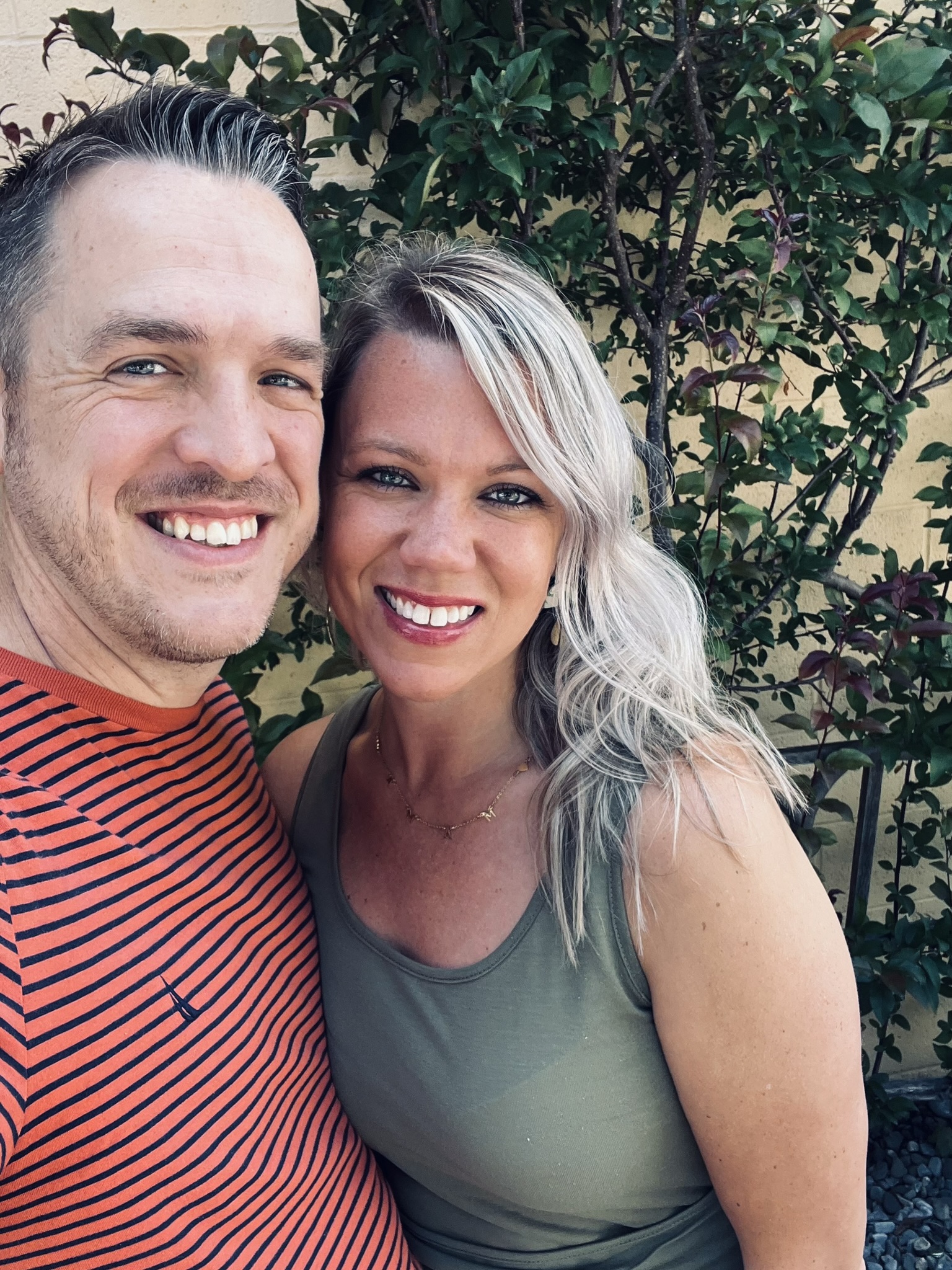Last year around this time, I asked you to envision where you would like to be in your recovery on December 31, 2021. So…..did you do it? Were you able to see with more than just physical eyes the next steps you wanted to take in your journey? Vision requires a deeper focus than just the current state of affairs we happen to be living in. Perhaps you reached the destination you had in mind and perhaps you didn’t. The point is this: In recovery, there will ALWAYS be new ground to take.
What does that even mean? Well, in short it’s that freedom and healing are both immediate and long term. You can become free from pornography when you hit the bottom or when you’re exposed. For many, this can happen in an instant. But it’s the healing of the soul that often takes years — even a lifetime. So we have to always be envisioning where we need to go next in the restoration of our hearts.
It’s also worth noting that having a vision alone isn’t enough. We have to be developing healthy habits that we implement daily. This is how the vision is realized and accomplished. If we’re not literally putting a vision into action practically, it will be nothing more than pipe dream.
In his own way, the apostle Paul spoke to this idea of envisioning when he said this: “I don’t depend on my own strength to accomplish this; however I do have one compelling focus: I forget all of the past as I fasten my heart to the future instead.” (Philippians 3:13 TPT)
As a reminder, Paul was a man who once lived as Saul before his name was changed by God. Saul’s life was marked by the murder and persecution of many Christians before he was miraculously encountered by God one day riding upon his horse. God not only changed Saul’s name to Paul, even more so he changed the man himself. Everything changed in Paul’s life and throughout the years, a man who once hated those who worshipped Jesus became one of His greatest followers.
While this post isn’t intended to be a Bible study, I would like us to take a look at a few parts of this verse which are very applicable to our journey in recovery for the coming year. Paul is writing very personally to the church in Philippi here.
- I don’t depend on my own strength to accomplish this. Throughout his entire life, Paul embraced his imperfection and flaws. He realized His need for Christ and his own inability to grow without Him. We too have to start here in our journeys. I can’t tell you how many times I’ve reminded other men (and myself) over the years of their inability to find freedom and healing by themselves. Healing your soul, re-wiring your brain, learning to handle painful emotions isn’t something a man can do by himself. He needs other men to do it! Being apart of community is one of the most foundational things you can do this year to becoming a person of health and wholeness. Small Groups Online is a great place to start building community into your life. SGO is an incredible opportunity for you to meet others who are struggling the same way you are. It promises a safe and healthy atmosphere. Through communication with others in the group about your addiction, you will find a renewed sense of courage spring up in you to become a person of sexual integrity. Check out Small Groups Online today!
- I do have one compelling focus. Thinking back on my childhood, my time in school, and even various tests that I’ve taken throughout my life, I’ve always been very determined. I’ve always strived to do my best. Sadly, when I became addicted to pornography for 13 years, I lost all resolve or desire to really want to quit or get better. Nevermind all the shame that porn also caused. And mix that in with the fact that I was scared to death and felt like I had no idea how to get free. It wasn’t until I reached a serious moment of self-awareness of how unhealthy I was and how my addiction was overflowing into affecting and damaging my wife who was my fiancé at the time. I know of no other way to describe than I have dozens of times before but there was a brokenness that occurred within me. I knew my impending marriage was on the brink, but even more so I knew probably for the first time that I was destroying my life. From that moment on there became an unshakable hunger to become healthy. I threw everything I had at my addiction. I became willing to do whatever it took to find freedom. Looking back now, I can truly resonate with Paul’s words. My focus was set. Nothing was going to stop me. Everything was on the line. My wife knew I could do it. And I knew I could too. I’m thankful that that focus has lasted up to this day and continues on. We have to be steadfast on this journey and not allow any compromises. How much is your recovery worth to you?
- I forget all of the past. For so many, this is the first major challenge in moving forward in recovery. Because we’re all so wired to focus on not only what we’ve done, but WHO we think we are. I recently wrote an article for XXXchurch entitled, “Facing the Truth About Shame”. In that post, I write about three lies that shame tells us: 1. Shame tells us we’re alone. 2. Shame tries to convince us we’re unlovable. And 3. Shame says we have no future. THESE ARE ALL LIES! But for so many, they get stuck in their past, convinced they are someone they truly aren’t. Shame paralyzes. Not so for Paul. It was truly by the grace of God that he was able to shed a name that was associated with so much death and He accepted the name that was always meant for him. And that is our story too. We don’t have to allow our past to define who we become today or tomorrow. One thing I think is clear: God didn’t erase Paul’s memory. He knew where he had come from and who he used to be. There is a fine line between being trapped by the shame of our past and remembering where we’ve come from. For healing to really take place, we must look back to the decisions we made and the painful experiences we walked through while simultaneously keeping our eye on the person we want to become.
- I fasten my heart to the future. I love the climax of this verse. It brings us back around the very beginning of this post. Creating a vision for your recovery journey in 2022. Obviously you and I never had the chance to sit down with Paul over coffee and hear his life story, but I’m betting if we did, we would hear some wild things. And I’m betting you and I would get a clue of His passionate love for Christ and his desire to see the gospel advanced all over the world. This is what his heart was fastened to. Not the failures of his past or his current struggles. Not the chains that would bind him or the pain he would endure. He never lost the vision of why he was alive. We need that same laser-like focus for our lives. No doubt, the early days are difficult. And if you don’t have a recovery plan in place it makes it that much more difficult. But you can be victorious! You can be free! And you can heal! If you really want it.
I pray that 2022 will be the greatest year of your recovery ever. It’s easy to get overwhelmed with how much work there is to do in our hearts. That shouldn’t be your focus. Become apart of a community. Get your devices protected. If necessary, sit with a therapist for a season. Do WHATEVER you have to do to reach your vision of sexual purity. Trust me when I say that the results of your hard work will be worth it. You can do it!

Frank is passionate about helping individuals live with sexual integrity. He also works alongside his wife Tracey in helping spouses who have been devastated by their partner’s addiction. Frank & Tracey live in beautiful southern Delaware with their two children: Nathan and Addison.
